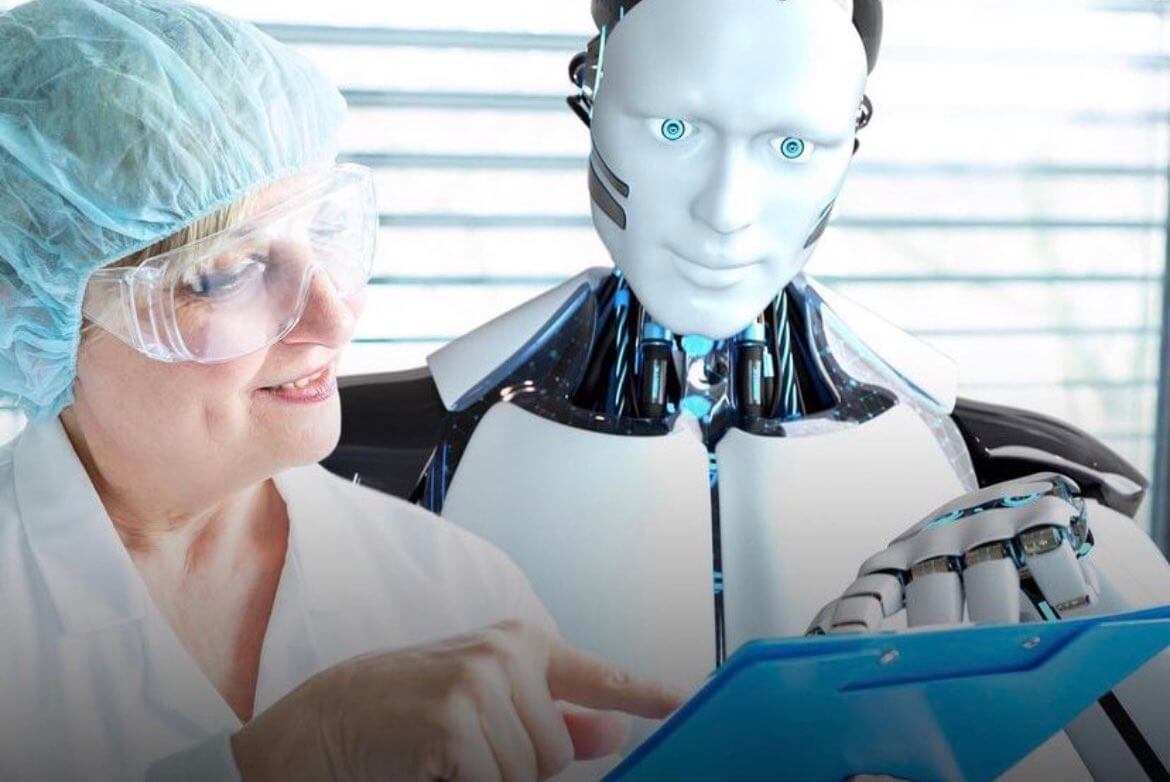For the first time ever, an artificial intelligence (AI)-powered chatbot has successfully passed the United States Medical Licensing Examination (USMLE), a crucial hurdle on the path to becoming a licensed physician in the United States. This groundbreaking achievement marks a significant milestone for AI in healthcare, opening doors to exciting possibilities for the future of medicine.
The Exam Explained: The USMLE is a rigorous three-step series of exams designed to assess a doctor’s knowledge and skills in diagnosing and treating disease. Passing the USMLE is a requirement for obtaining a medical license in the United States, making it a benchmark for medical competence.
The AI Challenger: The AI chatbot that conquered the USMLE was developed by Google AI and named “Med-PaLM.” Unlike traditional chatbots programmed for specific tasks, Med-PaLM is a large language model trained on a massive dataset of medical texts and scientific papers. This vast knowledge base enables Med-PaLM to understand complex medical concepts, reason through clinical scenarios, and even generate potential diagnoses and treatment plans.
Passing the Test: Med-PaLM’s performance on the USMLE was impressive, achieving a score that falls within the range typically seen by passing human medical students. While not intended to replace human doctors, this accomplishment demonstrates the potential of AI to assist healthcare professionals in various ways, including:
- Medical information retrieval: AI can quickly scan through vast amounts of medical literature to identify relevant information for diagnosis and treatment decisions.
- Clinical decision support: AI can analyze patient data and suggest evidence-based treatment options, improving the accuracy and efficiency of care.
- Personalization of healthcare: AI can personalize care plans based on individual patient characteristics and medical histories.
The Future of AI in Healthcare: While Med-PaLM’s success represents a significant step forward, it is important to remember that AI is still in its early stages of development within healthcare. Further research and testing are needed before AI can be fully integrated into clinical practice. Nevertheless, this breakthrough paves the way for a future where AI acts as a valuable partner to human doctors, enhancing the quality and accessibility of healthcare for all.
Beyond the News: Looking ahead, the successful performance of Med-PaLM on the USMLE is likely to spark further investment and research into AI applications in healthcare. We can expect to see advancements in areas like AI-powered medical imaging analysis, robotic surgery, and personalized medicine, all powered by the transformative potential of artificial intelligence.





